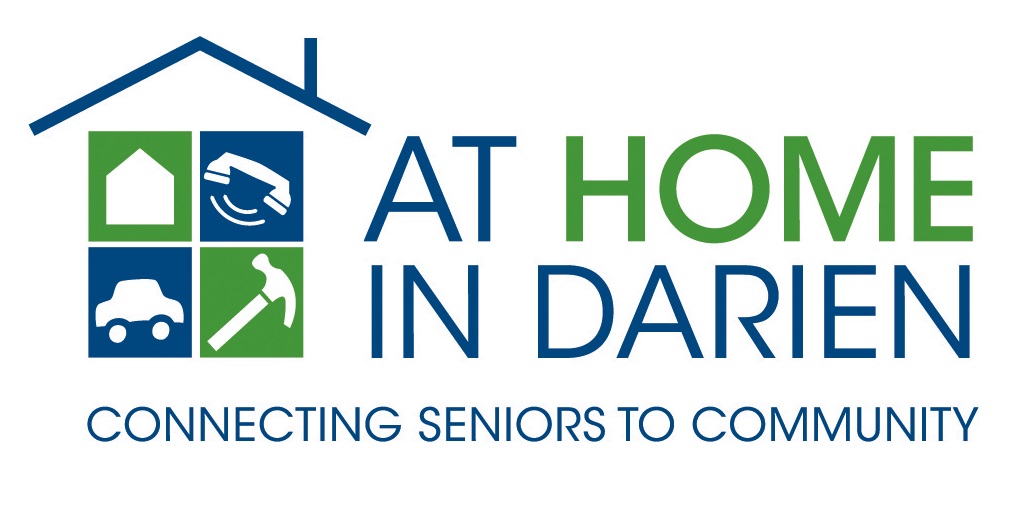Please enjoy this special guest blog from Peter F. Eder, a founding board member of At Home In Darien and an active volunteer.
An important aspect of our personal health care is the use of prescription drugs, vitamins, nutrients and herbal supplements. On average, seniors take four to five prescriptions per month.
Sometimes this routine becomes burdensome and we may stop taking medications when we feel well or when we are prescribed another medication for a new ailment. AARP reports that 14% of us occasionally skip our medicines.
Big mistake. It’s important that everyone (particularly seniors) take their medications as prescribed.
In the morning … in the evening …at bedtime … with food … with liquid … while avoiding certain foods. We need to take the entire prescription and not arbitrarily stop taking it when we feel “cured”.
We should discard any medicines once we are finished with them or if the doctor prescribes a different dosage or treatment. Never save them for “next time” or give them to a friend or family member. Discard them immediately and safely, bringing them to the police department or another identified depository. Leaving them in the medicine cabinet or flushing them down a drain isn’t proper disposal.
Take a look at all the medications you take and how they may impact each other. It is important to know how drugs work individually and in combination with other medications. And not just the over-the-counter prescriptions, but also vitamins, herbal supplements, and nutrients you may be taking.
Review your prescriptions and any other medications at every doctor visit. Not just with your general practitioner, but with any doctor such as your optometrist, dentist, or podiatrist. Keeping your providers up to date on your medications may help keep you avoid possible side effects.
Make sure you keep an up-to-date list of your medications and carry it with you. Let your caregivers know what prescriptions you take. Post the list on your bulletin board or a refrigerator and keep a copy in your car or purse. In an emergency, it could be critical life-
saving information.
Finally, there is the issue of cost. The price of prescription drugs has risen in the past several years and often makes it difficult for seniors to afford them. While there is an effort to help control the outrageous prices of prescription drugs, there are also several things you can do right now that may help. If you’re prescribed a brand name drug, ask your doctor or pharmacist if there is a generic option. Generic drugs are usually less expensive than brand-names.
Also, before you automatically renew or pick up a new prescription, make sure you compare prices at several different pharmacies. You may find one less expensive than another, often resulting in a significant cost savings.

Way to go…. Dad! You touting the importance of prescription meds is a new experience for me – take what you need, when someone you trust says you need it and don’t take any more or less . Good, important advice!!
Thank you for this is great information! I encourage people to get second opinions if you are not feeling well and your primary care doctor keeps prescribing new medications or telling your that old age is causing your symptoms. Also, if you have been on the same medications with the same daily dose for a long time and you are not feeling well, it is time get your medications re-evaluated. It may just save your life, make you feel better, and possibly save you money too! Stay well and safe.
Thank you Anne!. I agree with all you shared. All good advice. Would also give this hint to others with a memory problem. I take 4 RX’s each evening before bed. As I remove a pill from the bottle, I turn the bottle upside down, then turn them cap up again & place them back in a ziplock bag. Otherwise I wouldn’t remember if I’ve already taken them. Finishing an 8 oz. glass of water afterward also tells me I’ve taken my RX’s.
Thank you for this information. I take several prescriptions and weekly I put them in my pill container but when I take them out I put them in a small dish, before I take them. This is to make sure I have not made a mistake, which happens every once in a while. I have tremors and an extra pill sometimes happens